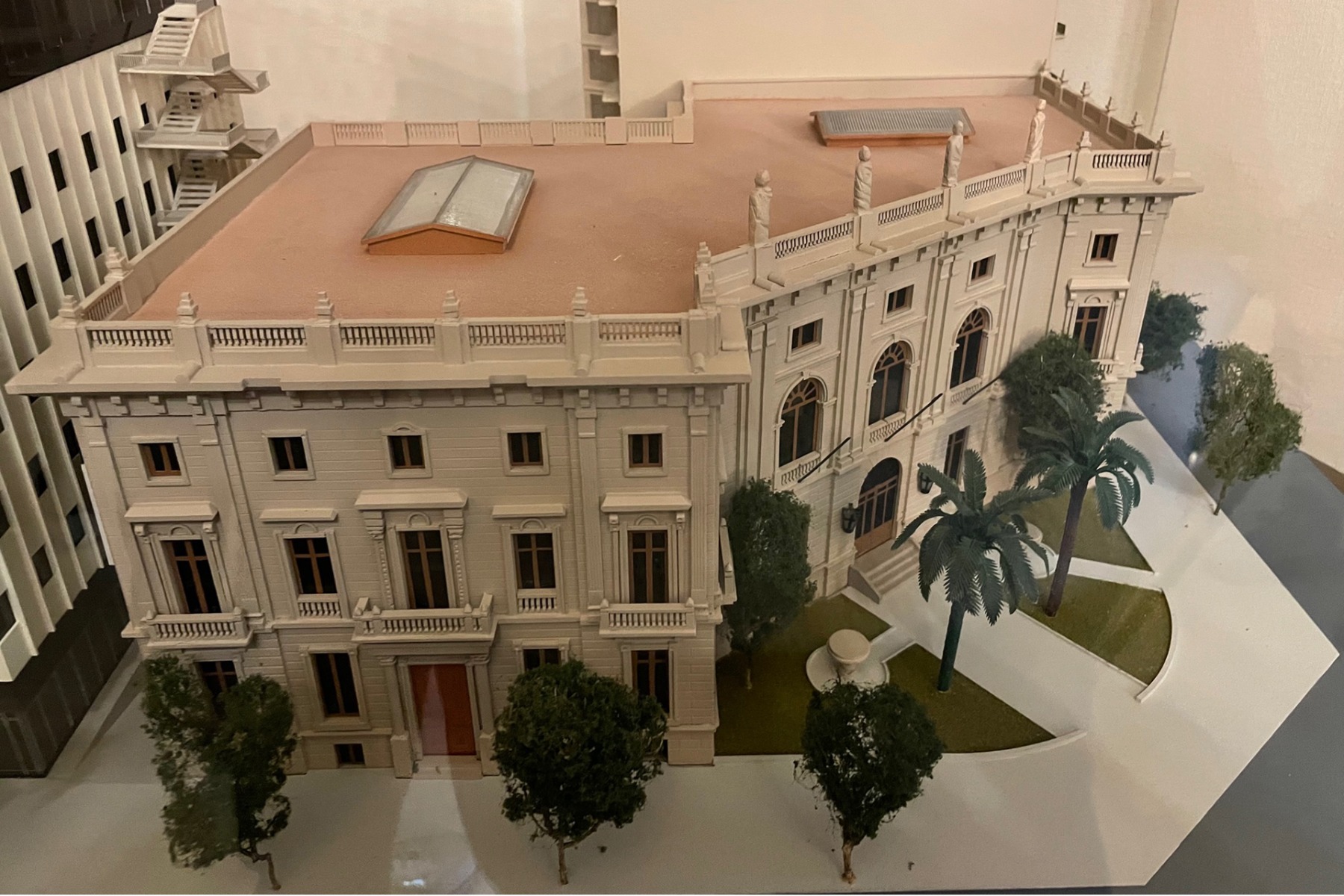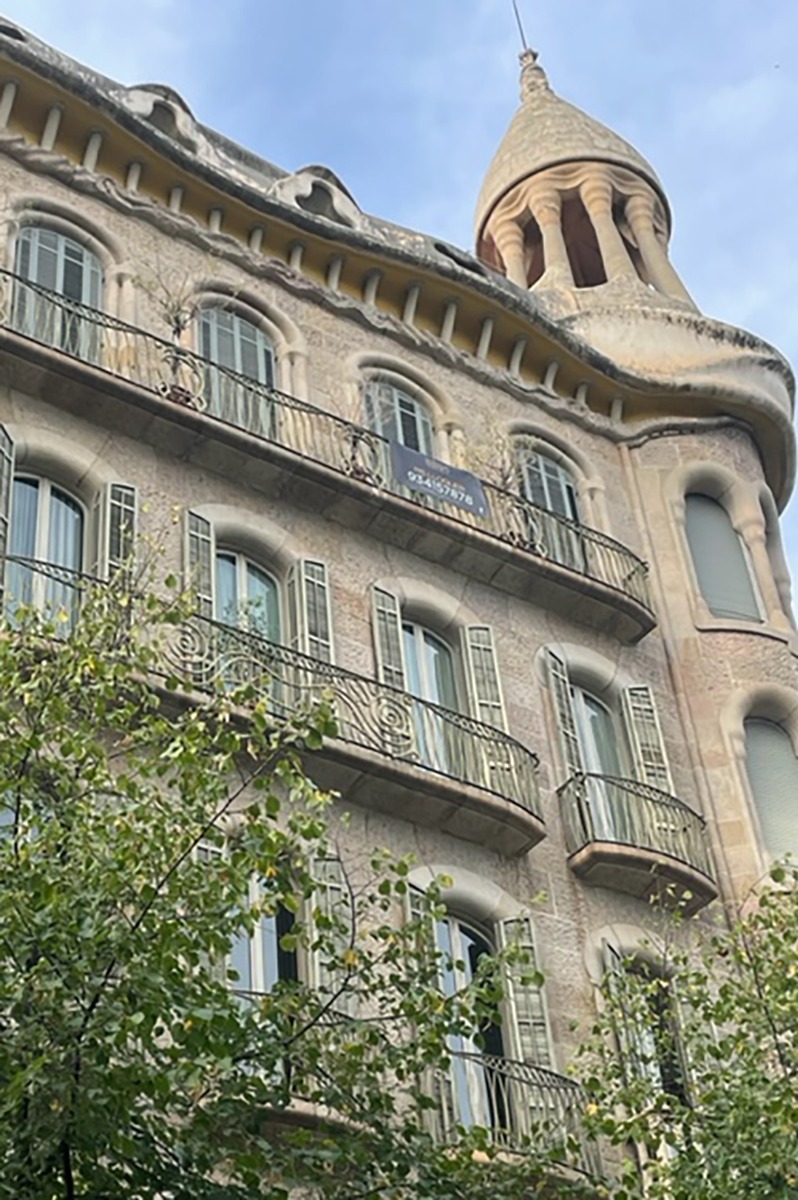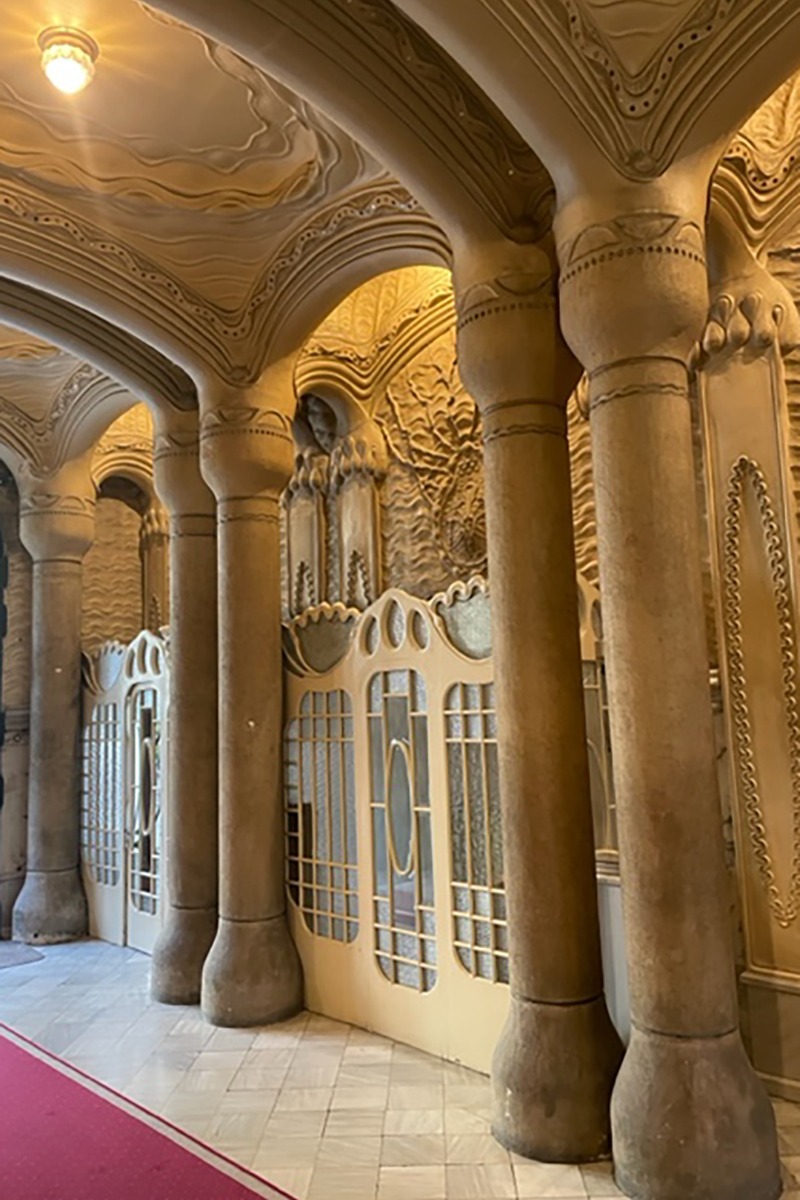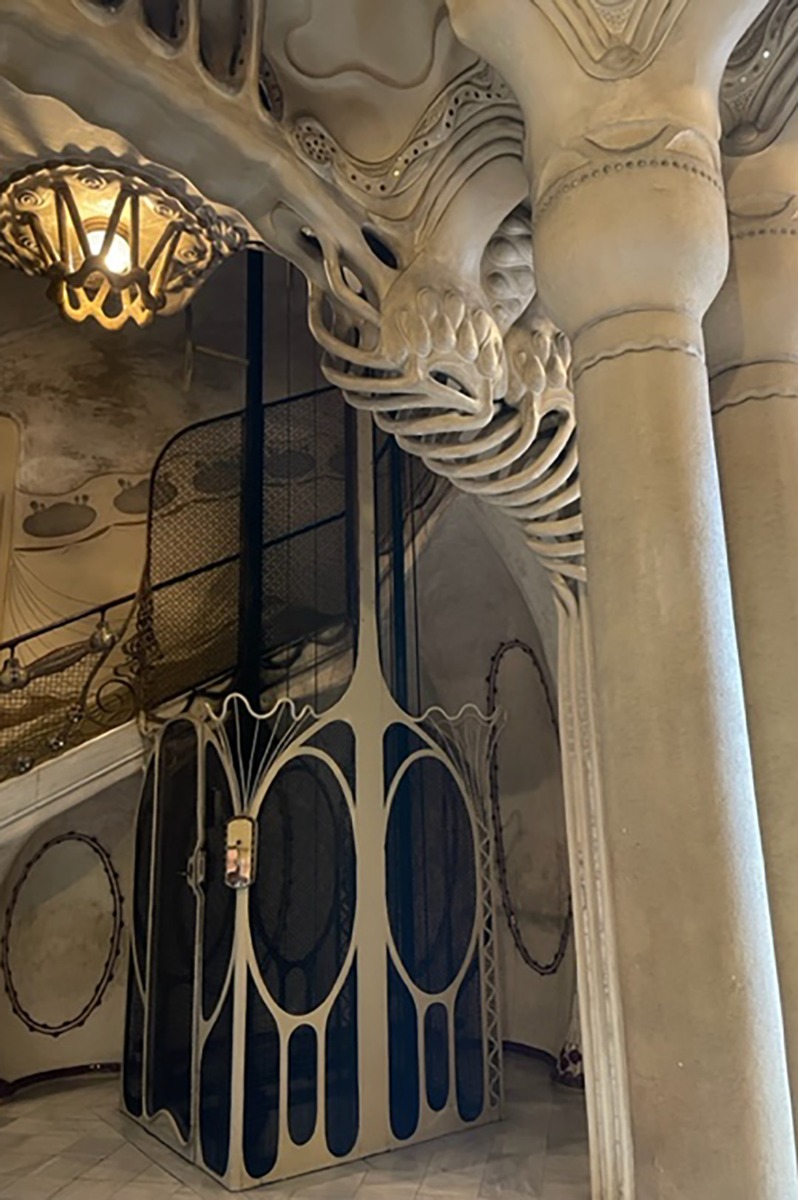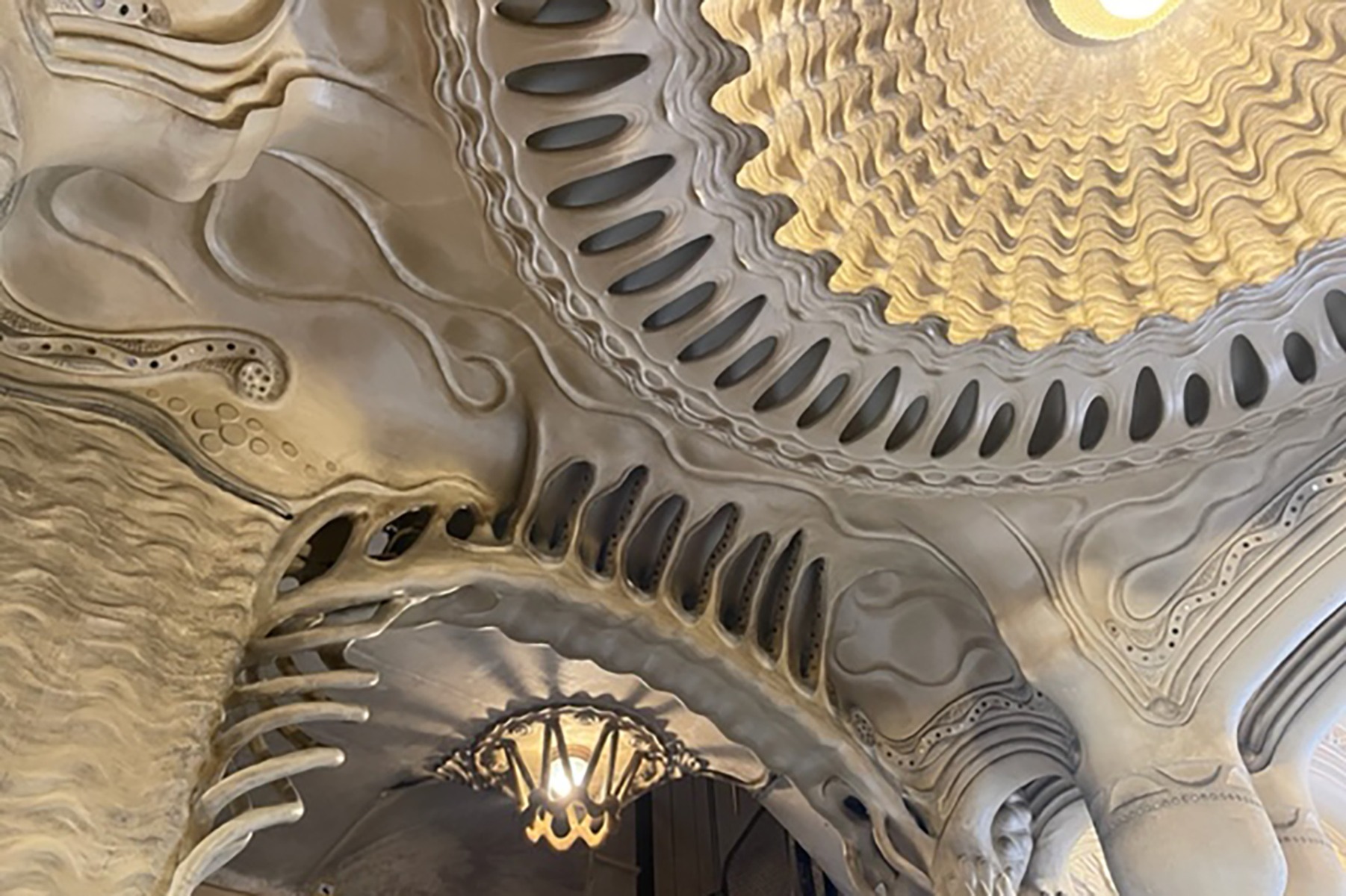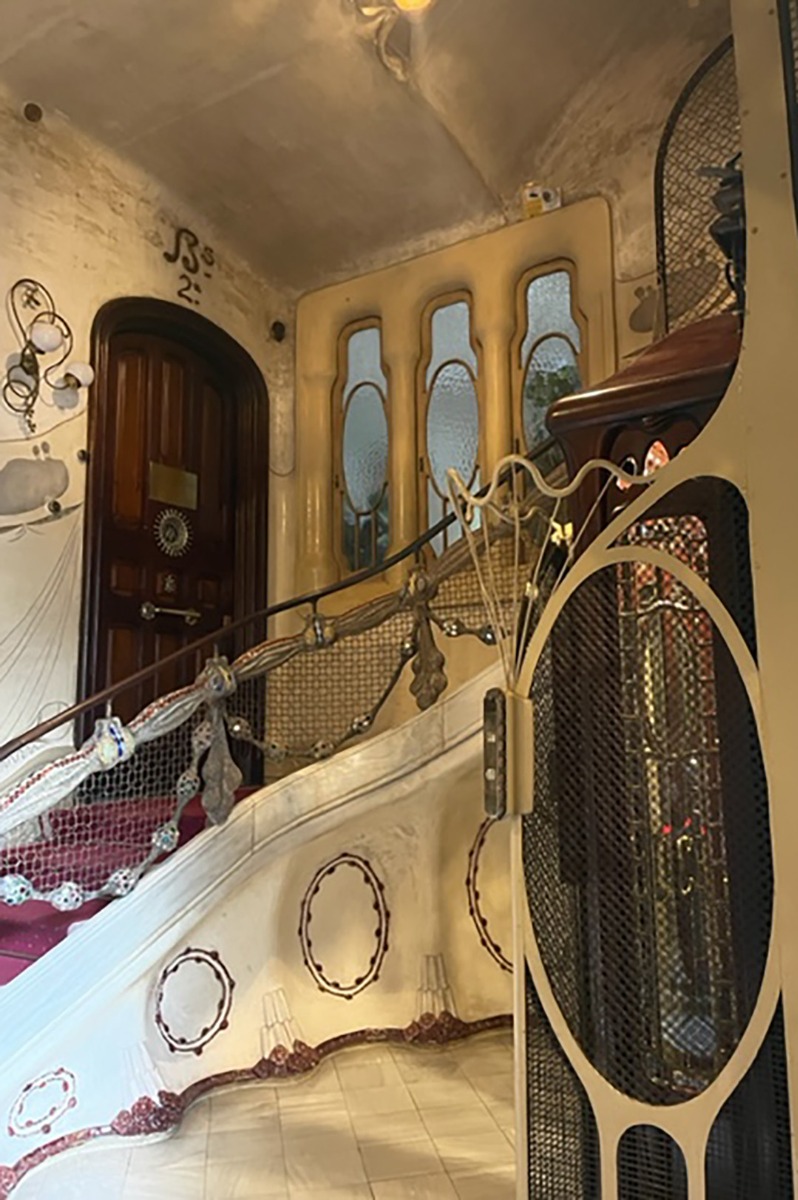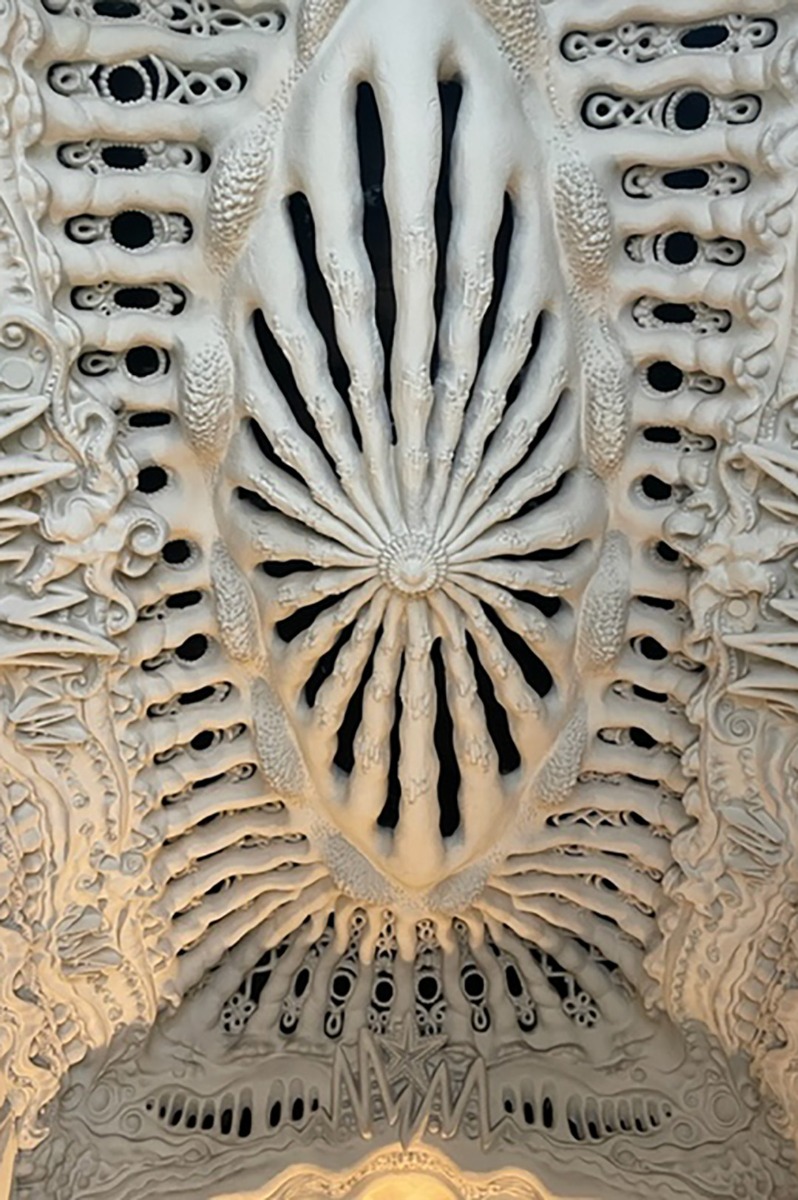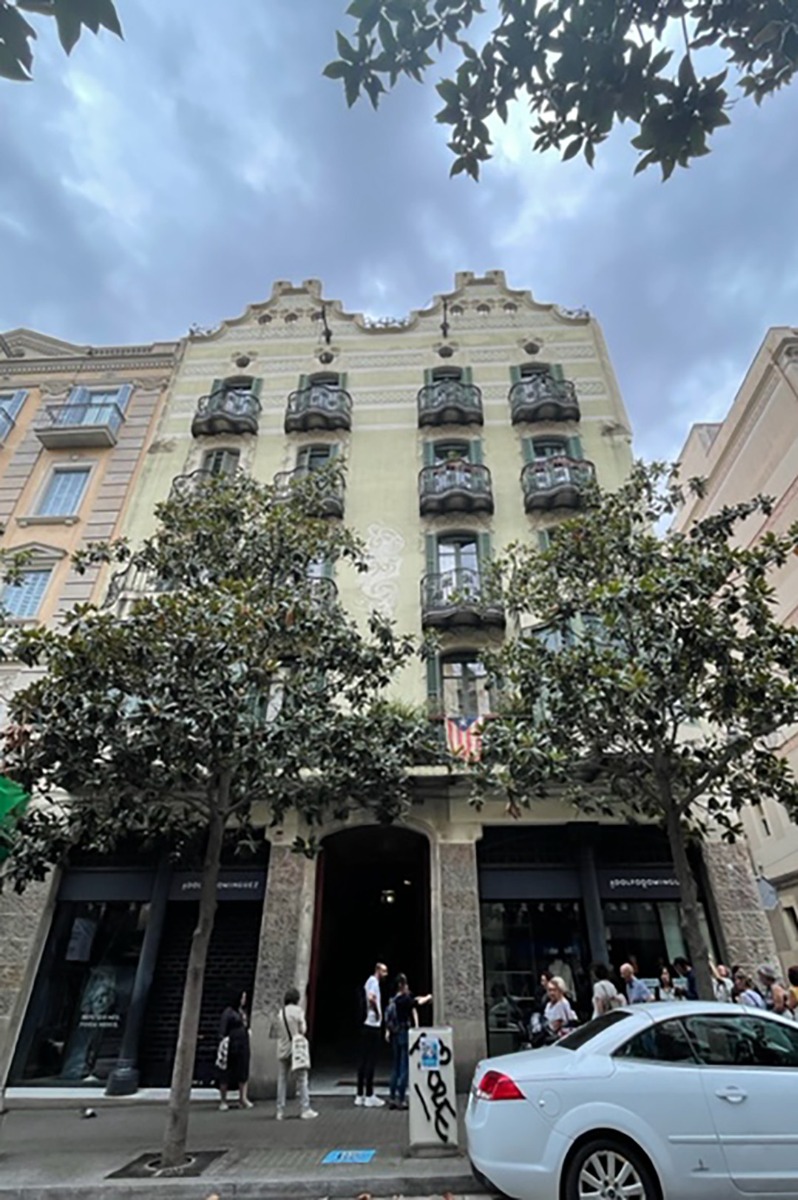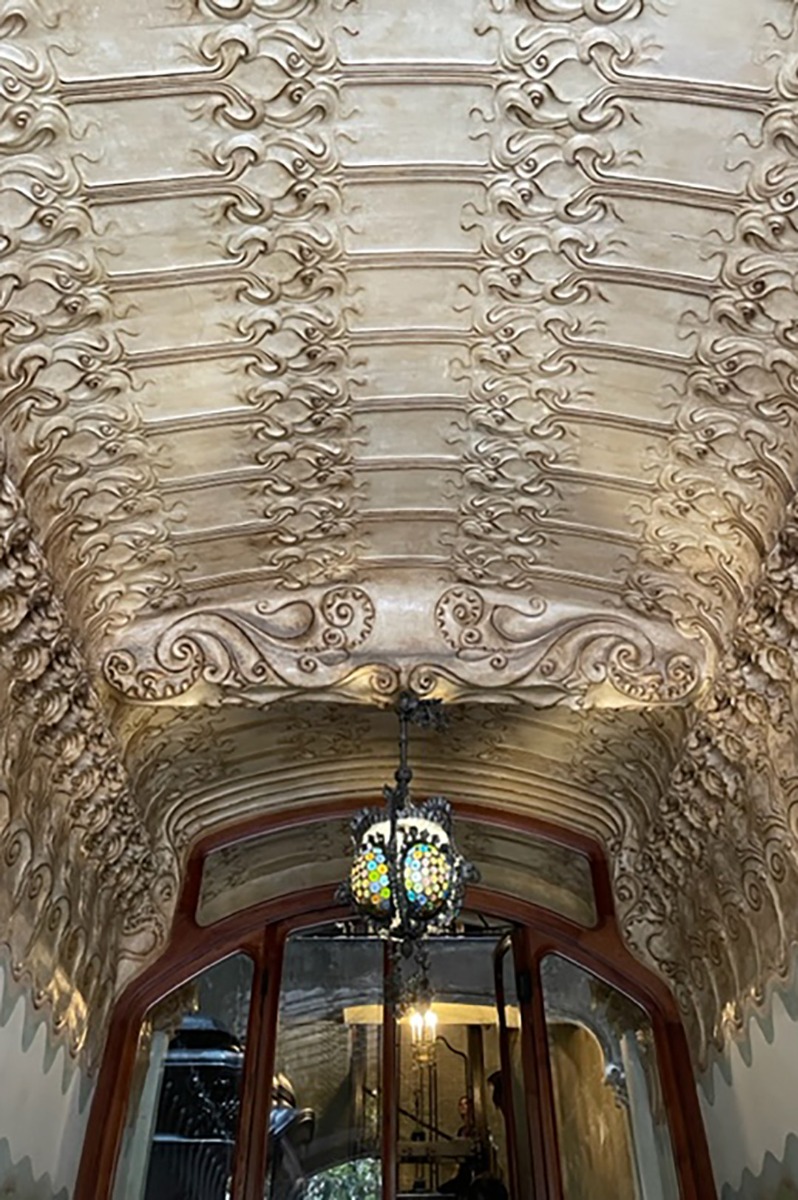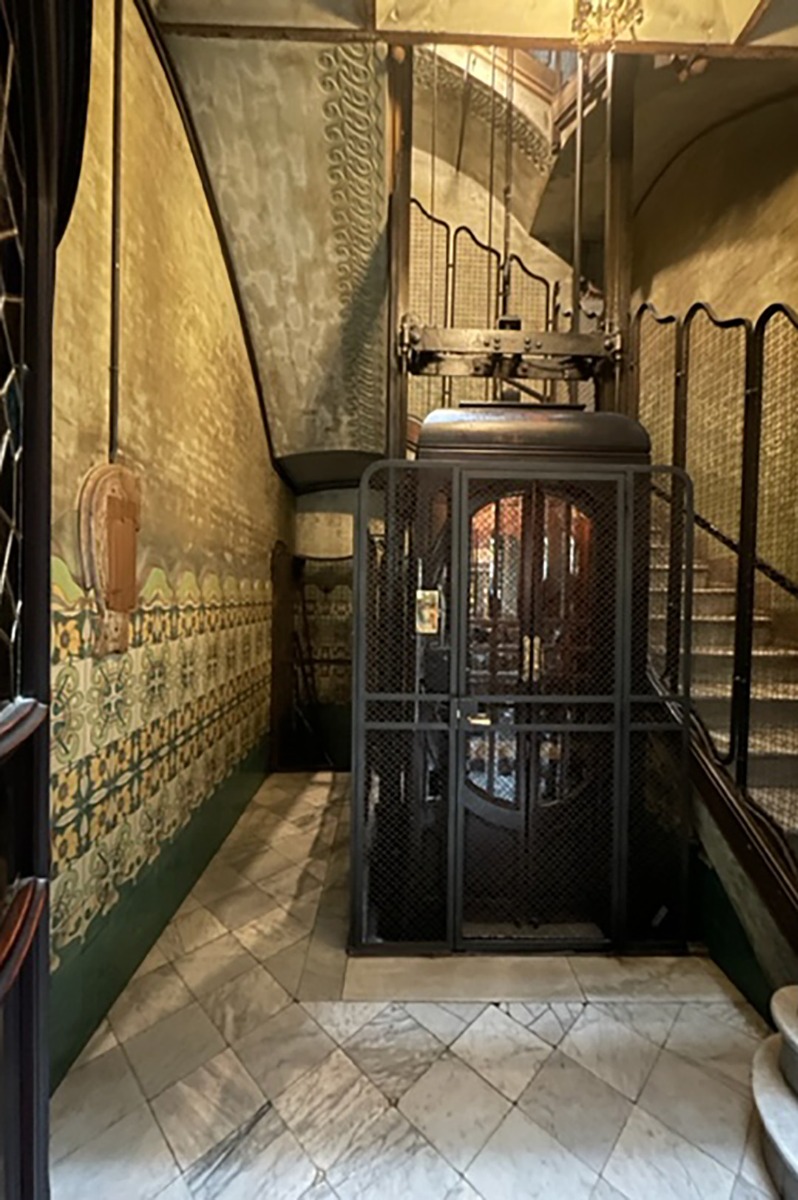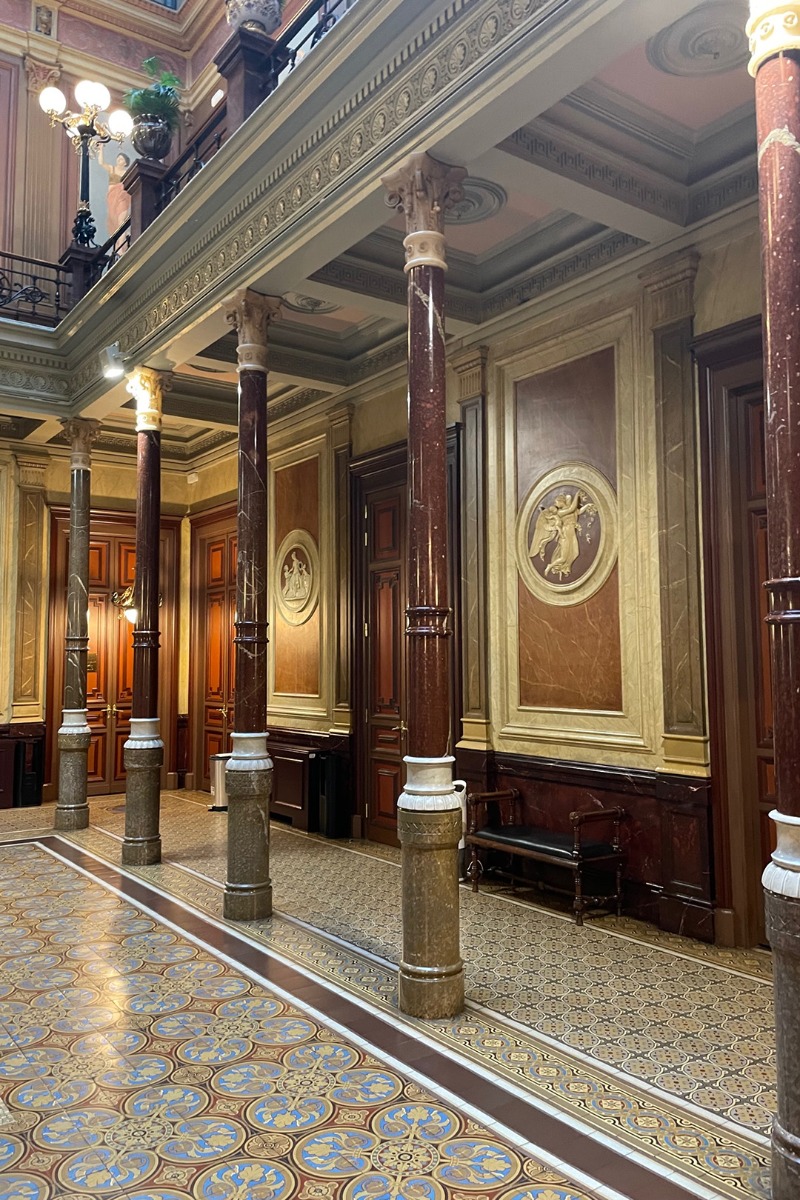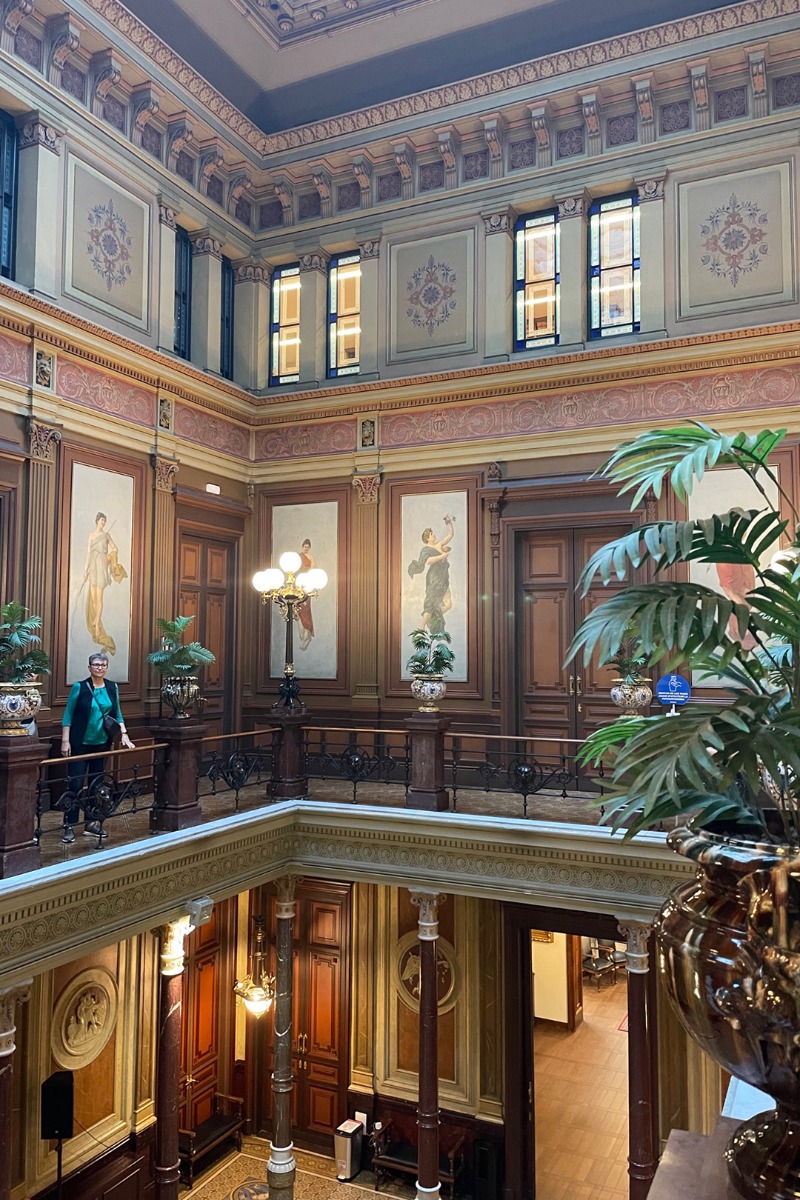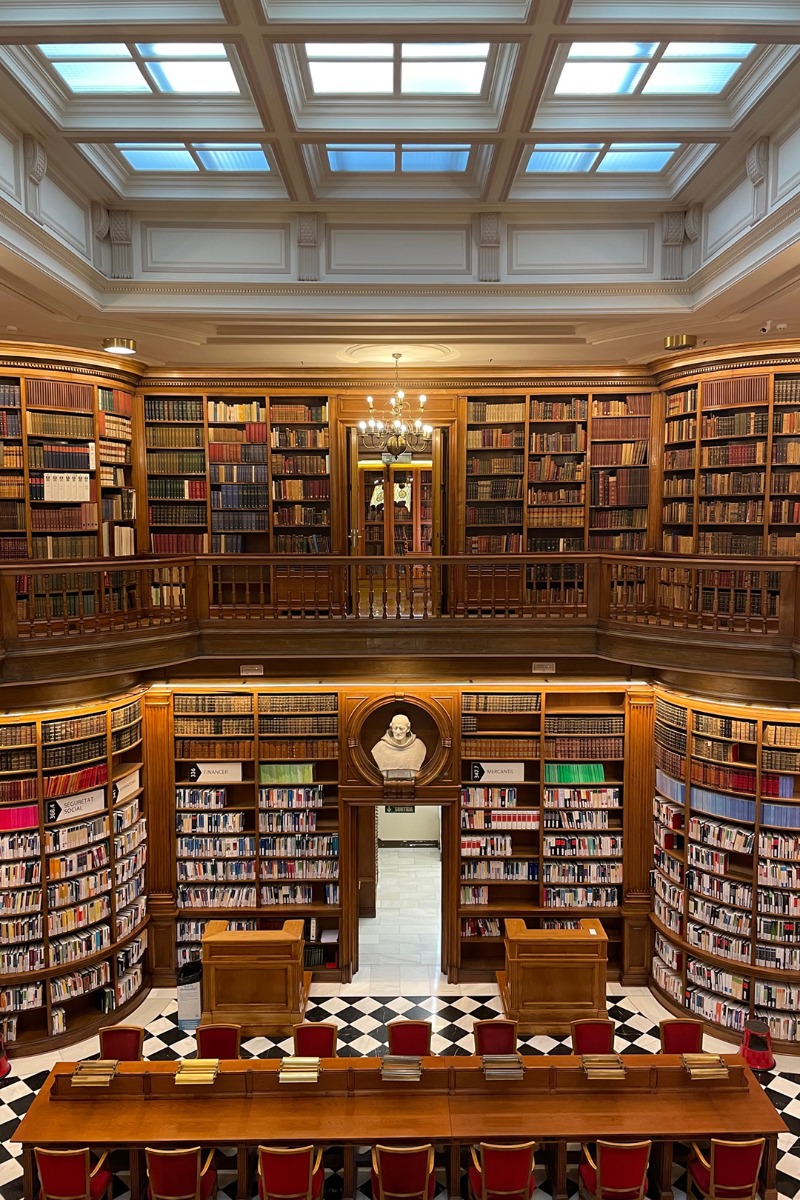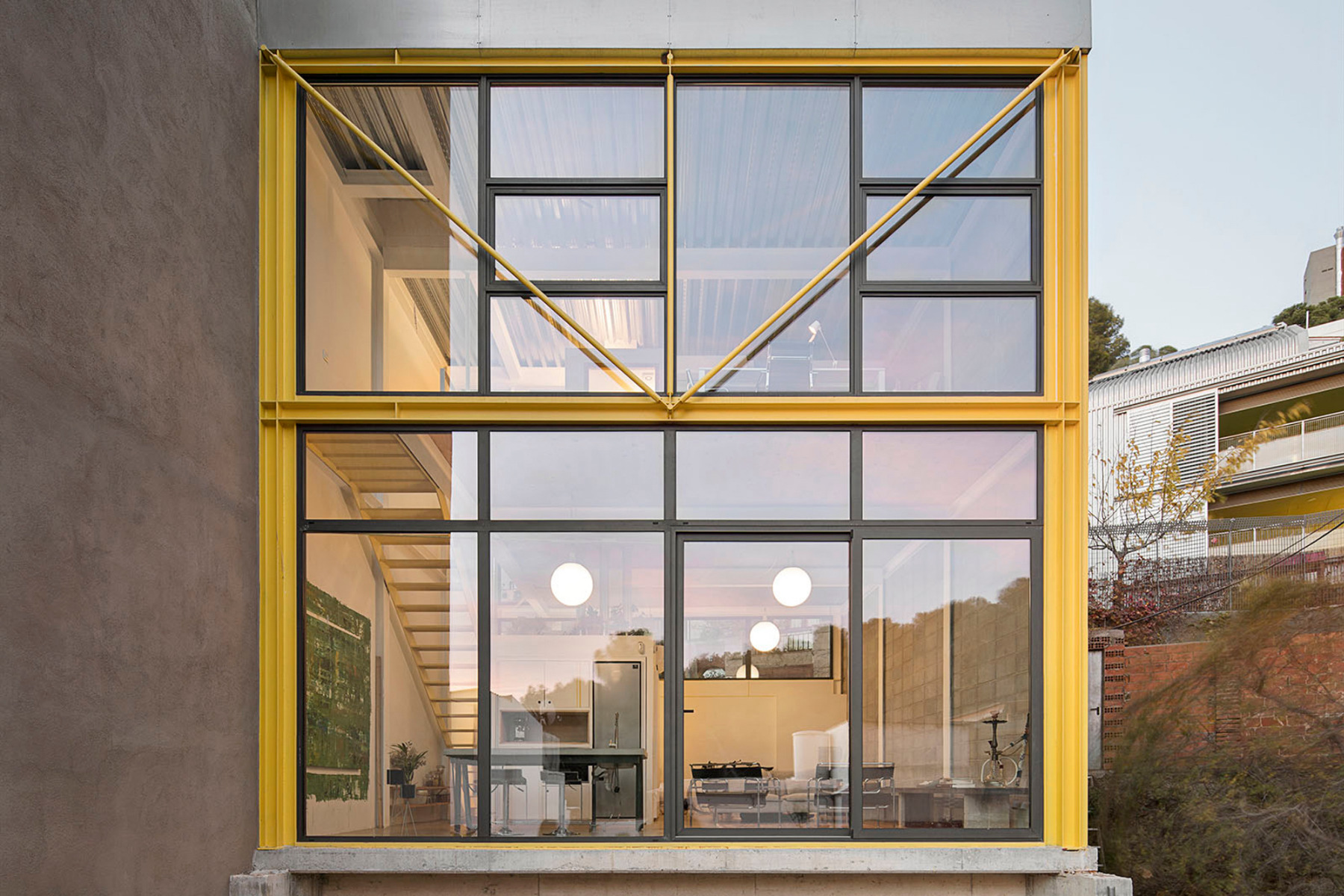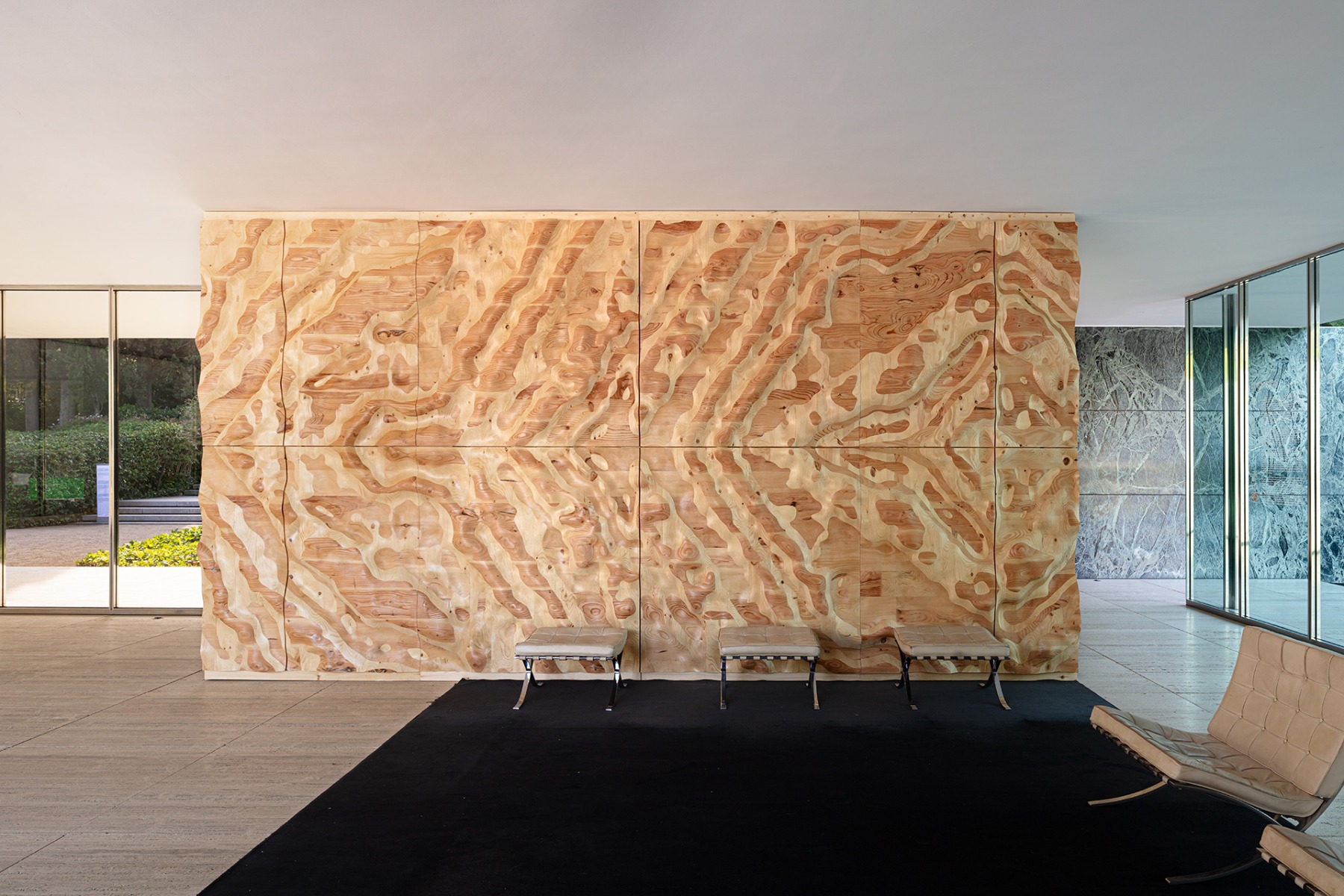Modernisme in Barcelona
It’s Not All Gaudí

© Heide Wessely
For one weekend every year in Barcelona, the doors open to fascinating buildings that people generally do not get to see. The most exciting structures are residential buildings from the Modernisme era.


© Heide Wessely
The crowds were large, the queues long, the people patient. They waited up to three hours to see the city’s most brilliant architectural jewels, of which there are many. The residential buildings of the Modernisme period enjoyed particular popularity – their amazing floral or fauna-inspired ornaments are quite magical – even when they were not built by Antoni Gaudí, Barcelona’s best-known architect.
A great deal of the city’s history can be derived from the mansions, for in nearly every visit the volunteer guides tell the same stories: having made their fortune in textiles, industrialists indulged in expensive homes for themselves and their families. Actually, this is how Antoni Gaudí got his first commission. Until the turn of the twentieth century, Barcelona was Spain’s leading textile-producing city, earning it the nickname “Manchester of the South”.


© Heide Wessely
Especially impressive houses are Casa Sayrach, which was built in 1915, and Casa Montserrat, which is next door. Monserrat was the wife of architect Manuel Sayrach, whose wealthy father had both houses planned and built by his son. The motifs in the foyer were inspired by the marine world: a stylized whale skeleton can be seen, as can underwater vines and seashells. The original elevator, in whose wooden cabin residents still ascend the seven storeys of the house, is definitely worth seeing. The topmost level is currently rented out. The admittedly spacious apartment can be had for a mere 5900 euros a month.


© Heide Wessely


© Heide Wessely
Lorem Ipsum: Zwischenüberschrift
Casa Francesc Cama, which hails from 1905 and was designed by architects Michael Pascual and Francesc Berenguer, is not quite so chic but does have a similarly wondrous elevator. Here as well, the floral ornaments in the foyer are astounding. In this building, a ventilation system was installed to draw cool air into the foyer from deeper strata.


© Heide Wessely
Lorem Ipsum: Zwischenüberschrift
Another treasure, though its design is more classical, is Casa Pérez Samanillo, designed in 1910 by Joan Josep Hervàs I Arizmendi. It is the only house in the grid-based district of Eixample that has been preserved in its original state. Unfortunately, at the beginning of the last century the owners found themselves in financial straits and had to sell their building to the Bar Association. The spatial program here includes commanding meeting rooms and an old library with countless antique books.
XXX: X
YYY: Y
ZZZ: Z
AAA: A



